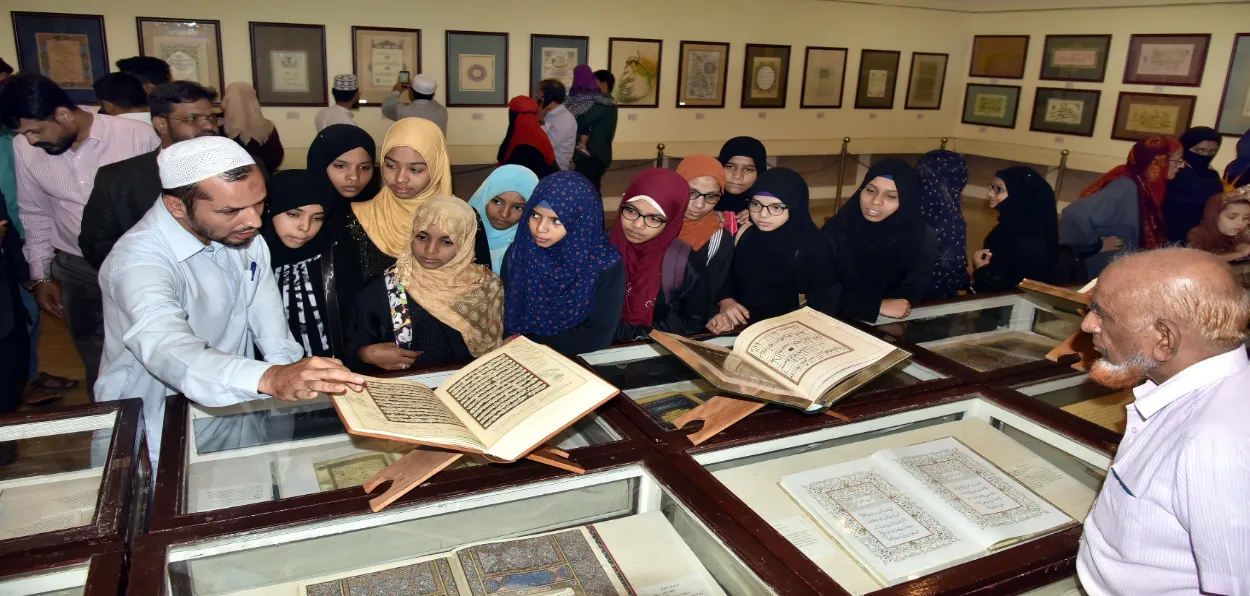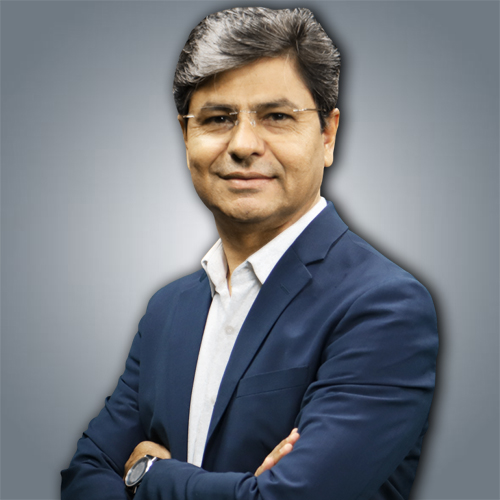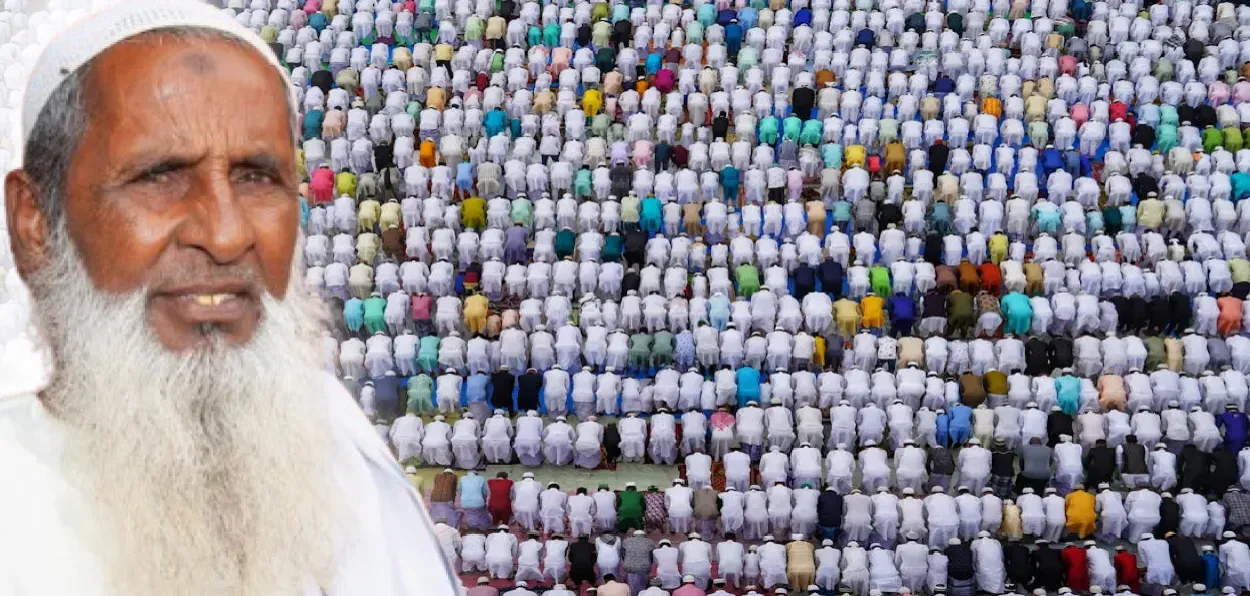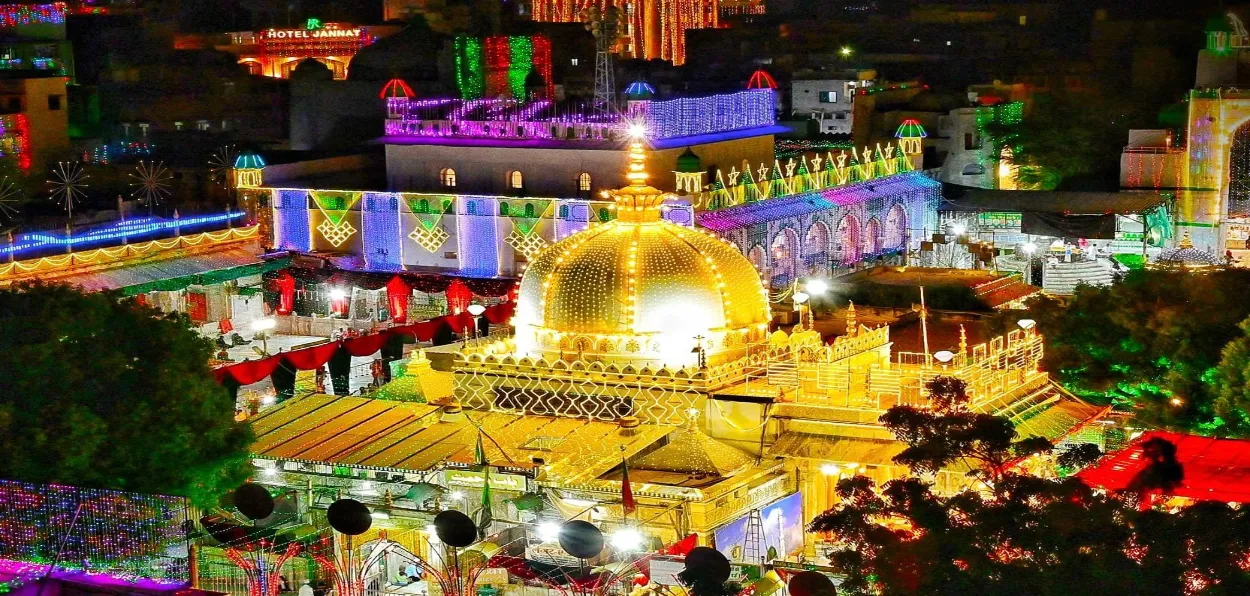
 Atir Khan
Atir Khan
Eid is traditionally a time to gift the younger generation with meaningful presents. The most impactful gift Muslims can give today is a renewed way of life—one that blends Islamic studies, Sufism, rationalism, and a recognition of cultural identity, ultimately envisioning a unified and progressive future for the community.
In this context, this Eid, a Muslim can actively participate in the collective effort to create a new meta-narrative for the future. This would be a great gift for the generations to come.
Three major schools of thought have coexisted in Islam since its inception: the Ulema (religious scholars), Sufism (mystics), and rationalists (those who embrace intellectual and philosophical inquiry). Each has contributed uniquely to the development of Muslim thought. However, an overemphasis on any one school, often at the expense of the others, has hindered the development of a progressive and holistic identity for Muslims.
Historically, figures such as Ibn Rushd (Averroes) made significant contributions to science and philosophy, playing a key role in the European Enlightenment. Yet, these contributions were often ignored or met with skepticism by Muslim religious scholars, as they conflicted with certain religious teachings. The fear was that such ideas could undermine Islamic beliefs and practices.
At the same time, Sufism, with its mystical approach, faced criticism from the Ulema for promoting practices considered outside the "mainstream" or "correct" Islamic traditions. Accusations of ‘shirk’ (the attribution of divine qualities to anything other than Allah) were common.
These tensions between different schools of thought have, over time, prevented Muslims from embracing a more expansive and progressive vision for their community. However, reconciliation among these perspectives is crucial.
 Muslims praying
Muslims praying
Islam is not just a religion; it is a social project, a moral framework, and an ideology. Understanding that different interpretations and approaches to faith exist is essential for Muslim progress. Equally important is the balance between the spiritual and the practical.
Muslims must not only focus on the afterlife (Akhirat) but also strive to improve their present lives. Pursuing a meaningful present should not come at the expense of neglecting the afterlife, and vice versa. Only by embracing both Muslims can lead lives that are spiritually fulfilling and practically enriching for themselves, their families, and society.
An active, engaged approach to life—one that balances faith with action—is far more valuable than a passive reliance on fate. Unfortunately, the belief that everything is predestined has become a significant obstacle, especially in parts of the Muslim world, including India.
In India, religious scholars or Ulema are influential among Muslims. However, much of their education comes from traditional Islamic teachings, focusing primarily on the Quran, Hadith, and jurisprudence. While some scholars are exceptional, most institutions lack the vision to align their curricula with contemporary global realities or to meet modern educational standards.
A majority of Indian Muslims receive their education from these institutions, which often lack a modern research-oriented approach to interpreting religious texts. Even world-renowned Islamic institutions, such as Al-Azhar, face challenges in keeping their curriculum relevant to contemporary issues. This education gap has limited the ability of Muslims to engage with the modern world intellectually and socially.
In contrast to traditional Islamic education, Sufism offers a much-needed spiritual refuge to many Indian Muslims, especially those connected to shrines such as Ajmer Sharif and Nizamuddin Auliya. However, while Sufism nurtures the soul, it often falls short when addressing broader societal issues. Furthermore, in some quarters, Sufi practices have become commercialized, with prayers and rituals exchanged for money. This undermines Sufism’s role as a comprehensive guide for life.

Sufi shrine of Ajmer Sharif
On the other hand, the rationalist segment of Indian Muslims, who are educated in secular institutions like Aligarh Muslim University, Jamia Millia Islamia, and Jamia Hamdard, combine faith with intellectualism. They strive to adapt Islamic teachings to the wisdom of the contemporary world, hoping to build a community that upholds Islamic values while embracing modernity.
Yet, despite their relevance, rationalists face significant opposition from the Ulema, who often view modern education as incompatible with religious belief. This opposition has led many nationalists to retreat into their intellectual circles, hesitant to engage with broader society for fear of backlash.
At present, the Ulema, Sufism, and rationalism remain compartmentalized, unable to intersect meaningfully. This division is one of the greatest obstacles to the Muslim community’s progress today. There is an urgent need to create platforms where these schools of thought can engage with one another, discuss their differences, and work towards common solutions.
Historically, the rise of movements like Wahhabism and the influence of extremist groups such as ISIS have highlighted the dangers of an imbalance in Islamic thought. The extreme positions of the Mutazila rationalists in the 11th century, for instance, caused a theological rift, which was addressed by scholars like Imam Ghazali, who sought to reinstate traditional interpretations of Islam.
The Ottomans’ rejection of the printing press further hindered intellectual progress, as it limited the dissemination of new ideas. Even in the 20th century, the resistance to modernity in the face of colonialism prompted figures like Allama Iqbal to introduce a fresh meta-narrative for Muslims in South Asia, seeking unity and progress without compromising religious principles.
A crucial aspect of Indian Muslim identity is its connection to Hinduism. Indian Muslims cannot afford to reject their cultural heritage, which has been shaped by centuries of interaction with Hinduism. Any attempt to sever this connection in favour of an exclusively Islamic identity would only alienate them from the larger society and exacerbate communal tensions.
Acknowledging the shared cultural history does not require abandoning Islamic principles. Rather, it allows Muslims to embrace the rich intellectual and cultural traditions that have influenced their way of life—from food and clothing to architecture. Today, even Muslim scholars worldwide, including those in Pakistan, are revisiting ancient Hindu texts such as the Bhagavad Gita, the Vedas, and the Upanishads. Indian Muslims should follow suit, not to dilute their faith, but to promote mutual respect and understanding between the two communities.
By engaging with Islamic and Hindu intellectual traditions, Indian Muslims can enrich their wisdom and contribute to a more peaceful, progressive society. Such an approach will foster dialogue, cooperation, and ultimately, collective progress for the nation.
ALSO READ:How ISRO is helping India strengthen its ties with Islamic countries
This Eid, let the Khutbahs (sermons) not only focus on prayers for Muslims' safety but also call for setting up a new meta-narrative that bridges divides within the community. Building bridges between the Ulema, Sufis, and rationalists is the key to achieving this goal, and it is a task worth striving for. Only through collaboration can Muslims realize their full potential in a rapidly changing world.
